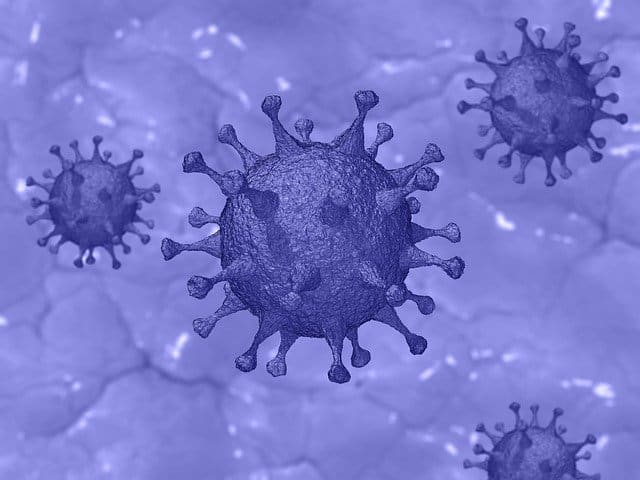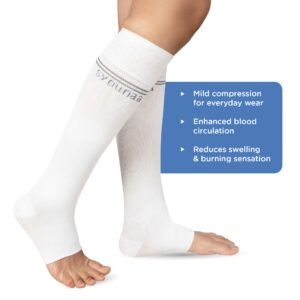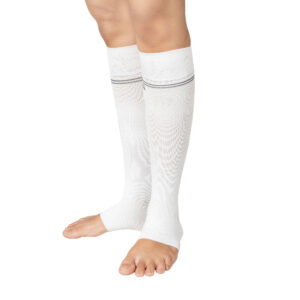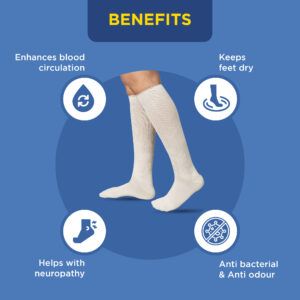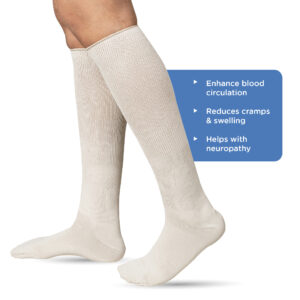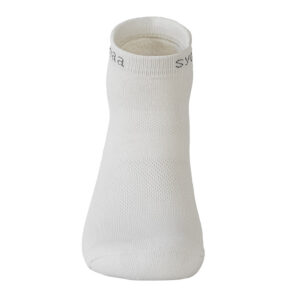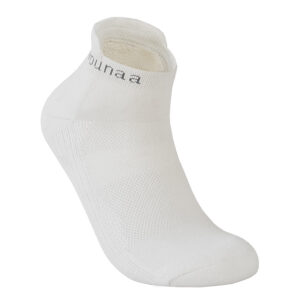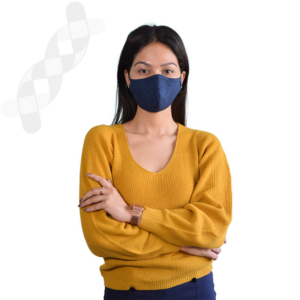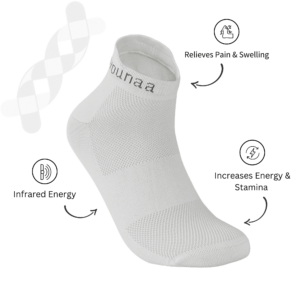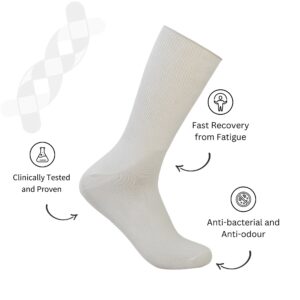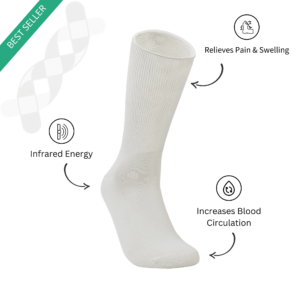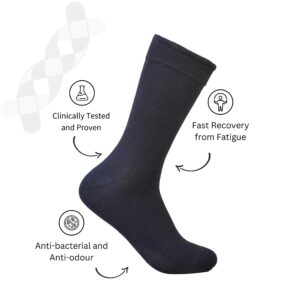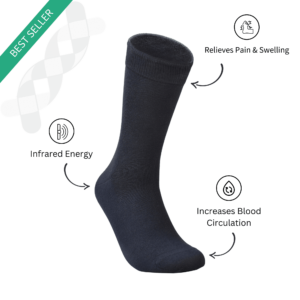Newspaper outlets have recorded the 4th death from the dreadful Coronavirus in India on March 19, 2020. The patient was a 72-year-old man in Punjab. He was diabetic and had hypertension. Within a few days of detection, the man succumbed to the Coronavirus, which makes us ask the question – can coronavirus affect diabetics?
Here’s Everything You Need To Know About Coronavirus and Diabetes
Firstly, since the virus is very new, there is very little we know about it and hence most medical practitioners are not able to give definitive answers to the masses. Researchers in China say that a large chunk of their Covid-19 patients had diabetes and heart disease. They also faced severe symptoms and rapid progression of the illness.
Can Coronavirus Affect Diabetics?
Though there is no concrete evidence, doctors and scientists predict that Covid-19 can affect diabetics more than regular people.
The fluctuations in blood sugar make it harder for a diabetic to fight off infections, this is why we request diabetics to check their feet for infections as often as you can. With a virus-like Covid-19, diabetics have a harder time fighting off the infection.
Secondly, inflammations are common both in Diabetes and the Coronavirus which means that diabetics are at a greater risk of swellings, contamination and water retention which may prove quite dangerous for the respiratory system.
It is because of the reasons above diabetics were always at a greater risk of contracting H1N1 and other contagious diseases. Coronavirus is no exception.
How Can Diabetics Protect Themselves From Coronavirus?
Diabetics must follow the basic cleanliness and hygiene guidelines laid out by the government and WHO. Take extra precautions and clean your house daily. Wash your hands everytime you leave or enter the house and if you have severe diabetes, avoid leaving the house as much as you can.
Doctor Appointment
If you have an appointment with your doctor, consider rescheduling it or conduct the appointment on a video call. Owing to the recent situation, many medical practitioners are conducting appointments on call.
Because of the rush in hospitals, doctors may be a little slow at getting back to you. We urge everyone to be patient and inform doctors about their recent blood sugar changes only on-call/message and only if it is necessary and wait till they get back to you.
What Can You Do If You Have a Fever?
If you have flu-like symptoms, stay in close communication (on-call) with your doctor and take your medication on time. Conduct a self-quarantine for the next 14 days. This means that you shouldn’t leave the house nor should anyone enter the house. If you live with someone, they should also go into quarantine with you for 14 days to avoid becoming a carrier.
Recently, news outlets reported a house help worker was tested positive with the Covid-19 virus. It is possible that her employer, who came back from the United States may be the carrier. Hence, it is very important to take home quarantines seriously, especially if you have a travel history.
Make sure your blood sugar is under control. Fluctuations in your blood sugar levels can exacerbate the condition. If you are insulin dependant, check your blood sugar levels more frequently and take your insulin on time.
Though good diet and exercise is always important for a diabetic, it is especially crucial when you are sick. Do not have cheat days and stick to healthy meals that don’t give you sugar spikes.
Can I Go For A Walk?
Diabetics are recommended to go for a walk for 30 minutes every day. This digests food and keeps blood sugar in range. But should you go for a walk with the widespread of the Covid-19? Experts suggest practising social distancing if you are out on a walk.
Avoid talking to many people in close range and avoid touching surfaces. It’s best to avoid sitting on benches and keep your hand away from your face. Wash your hands as soon as you reach home and skip walks if you have a mild cough or fever.
If you live in places that are severely affected by the virus, we will suggest to skip walks altogether and workout at home instead. There are many light to moderate exercise routines available on Youtube and some are very easy to follow. You’ll get a good workout from the safety of your home.
Make sure to take a few precautions with home workouts but don’t let the self-quarantine discourage you.
Should I Keep Extra Medication?
Our Prime Minister, respected Narendra Modi, has requested everyone to stay away from panic buying. It’s true that if you stock too many medicines there may not be enough for someone in an emergency.
The best way to handle this situation is to maintain a balance. Don’t resort to buying at the last minute because it may take longer for the medicines to reach you and don’t buy soo much that you don’t have enough places to store it.
We urge you to buy a 60 day supply of medicines when you are halfway through with your current medication. This will keep you safe and also ensure there is enough medicine for everyone to buy.
It is also ideal to shop online as it would limit the times you leave the house and come in contact with other people.
The Power Of Social Distancing
Governments and powerful figures are urging us to stay at home. Many cinema halls have been shut down along with parks and public places. This urges us to stay off the streets and in our houses.
Despite all the efforts, there are people who are still going out and sightseeing monumental spots because of the empty roads.
There are two types of coronavirus – symptomatic and asymptomatic. Those who show the symptoms of the virus have symptomatic coronavirus and those who don’t exhibit any symptoms have asymptomatic Covid-19. Simply put, those who don’t exhibit any symptoms become a carrier.
There aren’t any means to prove if you are a carrier. You will feel completely fine and if you get tested you will show negative. However, this poses problems to those with a weaker immune system or with conditions like diabetes and heart disease.
If you come to close proximity with other people, you may end up spreading the condition to someone who isn’t strong enough to fight it off.
This is why we strongly recommend everyone to maintain a safe distance from one another. This will protect you and everyone around you. Currently, the best way to save the world is to stay at home.
This is why we strongly urge diabetics to practice social distancing. Please urge your non-diabetic friends and family members to also practice social distancing. It may save a person’s life.
We really hope this article helped you. What are you doing to keep yourself and your friends and family safe? We would love to hear your thoughts.

